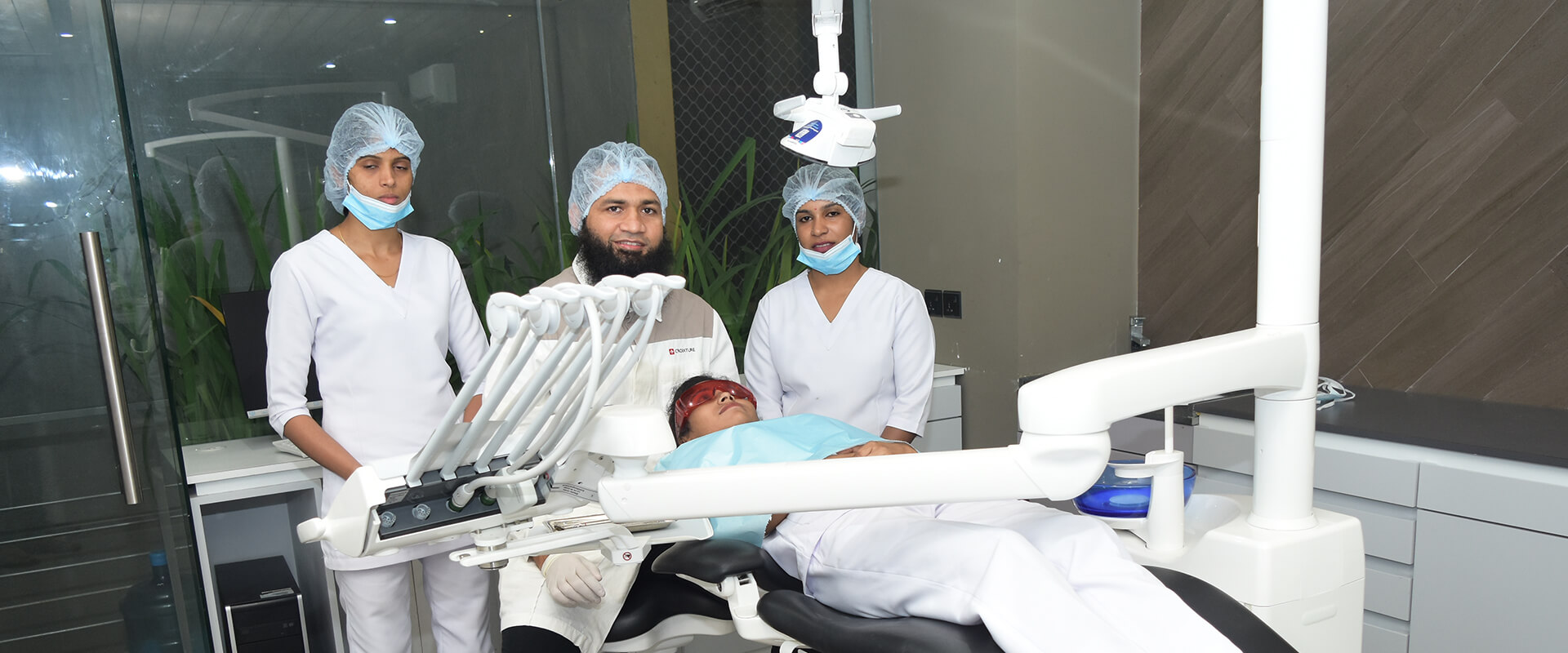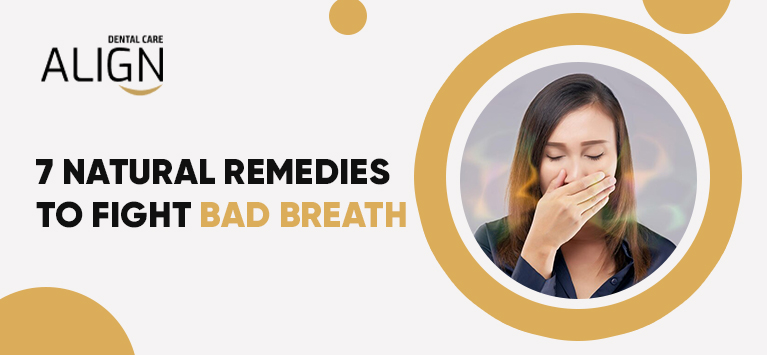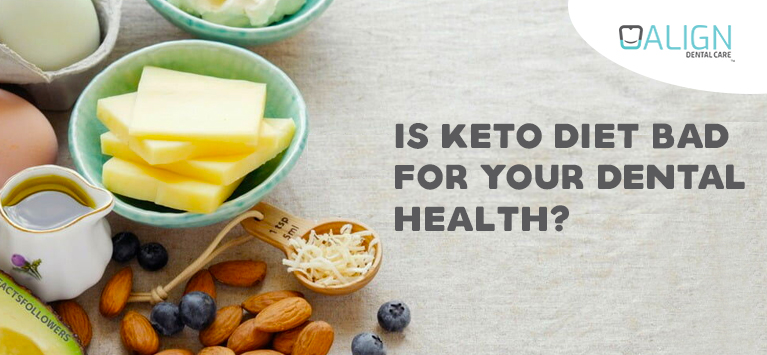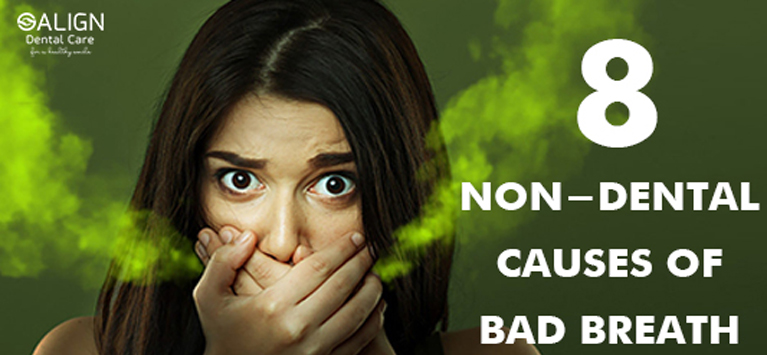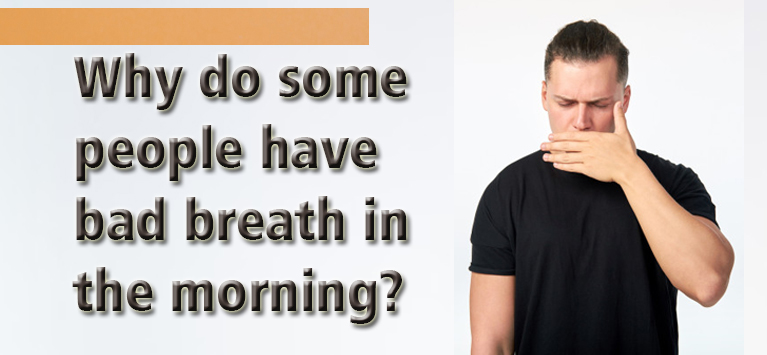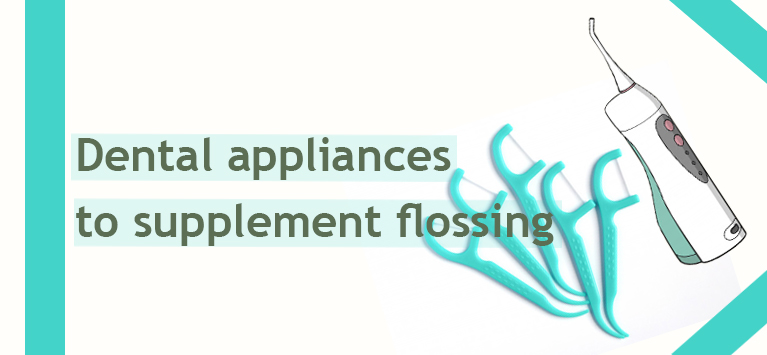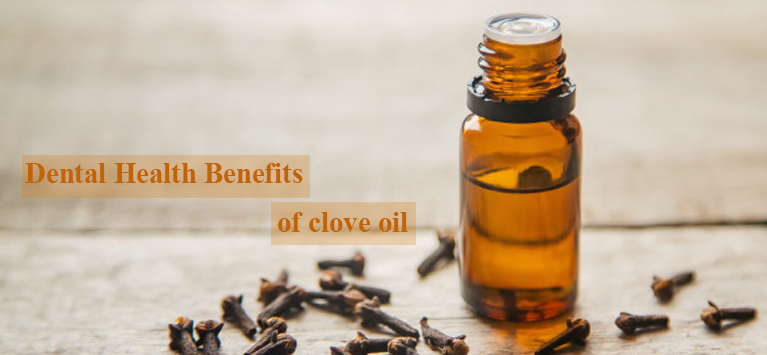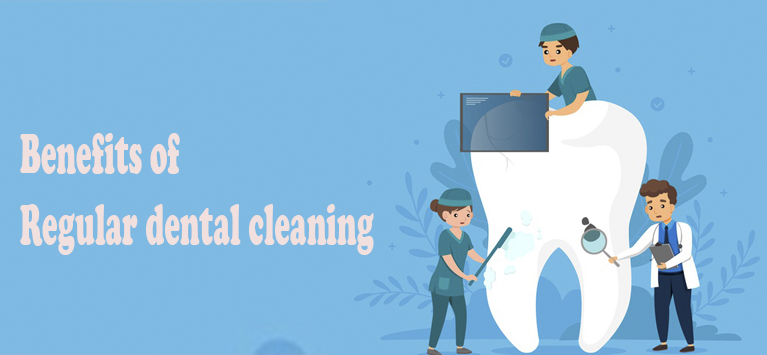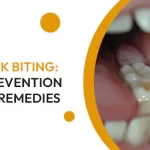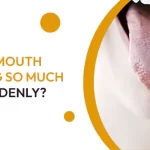Have you ever woken up with a nasty taste in your mouth that won’t go away? It’s not just morning breath that causes it, and there are several reasons why this can happen.
Your mouth is a gateway to your body; when it tastes terrible, it can signify many underlying problems. Bad taste in the mouth can range from a bitter, metallic, or salty flavour to an unpleasant taste of food. Ignoring this problem can lead to an increase in dental and medical issues.
In this blog, we will explore seven common causes of unpleasant taste in your mouth and what you can do to alleviate the problem naturally.
Causes for the bad taste in your mouth
Poor oral hygiene
Neglecting oral hygiene can lead to bad breath and a foul taste in your mouth. Inadequate brushing can lead to the accumulation of bacteria and food particles in your teeth, resulting in a sour taste.
Not using a tongue scraper can further worsen the situation by allowing bacteria to thrive on your tongue. Food residue left in teeth can also contribute to the issue.
Dry mouth
A lack of saliva production is a significant cause of bad taste in your mouth. Saliva contains enzymes that break down food particles; without it, bacteria can thrive, causing bad breath and an unpleasant taste.
Additionally, certain medications can cause dry mouth, so ensuring that you drink plenty of water while taking prescription drugs is essential. Sleeping with your mouth open can also contribute to dry mouth, so try sleeping with a humidifier to increase moisture in the air.
Stress
The silent taste killer. A hormone known as cortisol is released by your body under stress. This pesky hormone can mess with your taste buds, leaving you with an unpleasant taste.
Additionally, there may be a link between stress and gut health, which might affect taste buds.
Dietary habits
What we consume daily can significantly impact the taste in our mouths. Spicy or bitter foods can leave a residual taste, especially if they contain high levels of capsaicin or caffeine.
Excess intake of high-sugar beverages such as soda or energy drinks can also contribute to the sour taste. Smoking or chewing tobacco can leave an unpleasant taste and odour in the mouth.
Gastrointestinal issues
As the saying goes, “You are what you eat.” Your digestive system plays a crucial role in your overall health. Gallbladder, liver, and pancreas issues like gallstones, hepatitis, or pancreatitis can also cause a bad taste in your mouth.
Acid reflux disease is a common cause of an unpleasant taste in your mouth. When stomach acid flows back up into the oesophagus, it can cause a bitter or sour taste, and if it happens a lot, it’s called GERD (Gastroesophageal reflux disease), which can make your mouth taste like metal.
Sinus problems
You are suffering from allergies and nasal congestion that can lead to a bad taste in your mouth. The mucus from sinus issues can also make your breath stink.
Postnasal drip is a condition that can result from sinus infections. A tasteless discharge runs down your throat and into your mouth, leaving an unpleasant taste.
Infections and diseases
Common cold or flu, oral thrush, and periodontal disease are three common infections and conditions that can cause a bad taste in your mouth.
The common cold or flu can cause post nasal drip, leading to a sour taste. Oral thrush is a fungal infection that can affect the tongue and mouth, causing an unpleasant taste. On the other hand, periodontal disease is a bacterial infection that affects the gums and can cause inflammation, bleeding, and a foul taste.
Importance of getting rid of bad taste
Improve your taste: With a better sense of taste, you’ll be able to enjoy your meals and experience all the delicious flavours the world has to offer.
Lead to better oral health: When you maintain good dental health, you can say goodbye to cavities, tooth decay, and countless trips to the dentist.
Boost your confidence: It can make you feel self-conscious and hesitant to open up, but once you get rid of it, you’ll be ready to take on the world and engage in conversations confidently.
Enhance social interactions: You can enjoy social gatherings and fully share meals with friends and family.
Tips to get rid of your bad taste in your mouth
These are the key points to help you get over your poor taste:
- To keep your mouth moist, stay hydrated by consuming lots of water.
- Brush your teeth and tongue regularly for good oral hygiene.
- Avoid foods that make your mouth taste bad.
- Try a mix of baking soda and lemon water (but don’t swallow the lemon).
- Consider oil pulling, like swishing oil around in your mouth to help with the bad taste.
- Find ways to relax and reduce stress because it can affect your taste buds.
- If you smoke or use tobacco, quitting can help improve the taste in your mouth.
By using these natural remedies, you can fight against bad taste in your mouth.
When to see a doctor
If that bad taste in your mouth is persistent, accompanied by other symptoms like pain, swelling, or a sudden desire to start speaking in tongues, or caused by medications, it’s time to consult a professional. Pay attention to it if it’s impacting your daily life.
Conclusion
In summary, bad taste in the mouth is a common problem that affects our daily lives. Poor oral hygiene, dry mouth, dietary habits, gastrointestinal issues, sinus problems, infections, and diseases are seven of the most common causes of this problem.
Fortunately, simple solutions to each of these causes include:
- Brushing your teeth regularly.
- Staying hydrated.
- Avoiding spicy or bitter foods.
- Seeking medical advice if needed.
In conclusion, if you are experiencing bad taste in your mouth, do not suffer in silence. Take the necessary steps to understand the cause and apply the appropriate remedy.
Remember, a healthy mouth is a healthy you!





